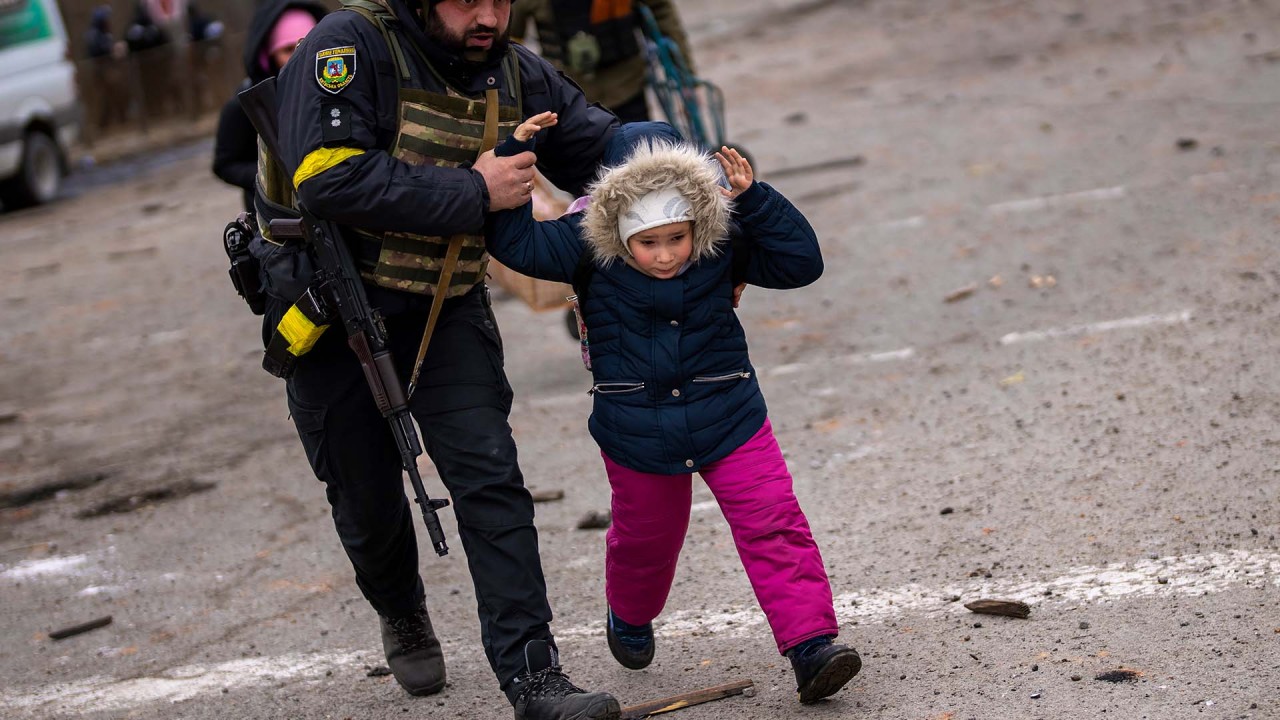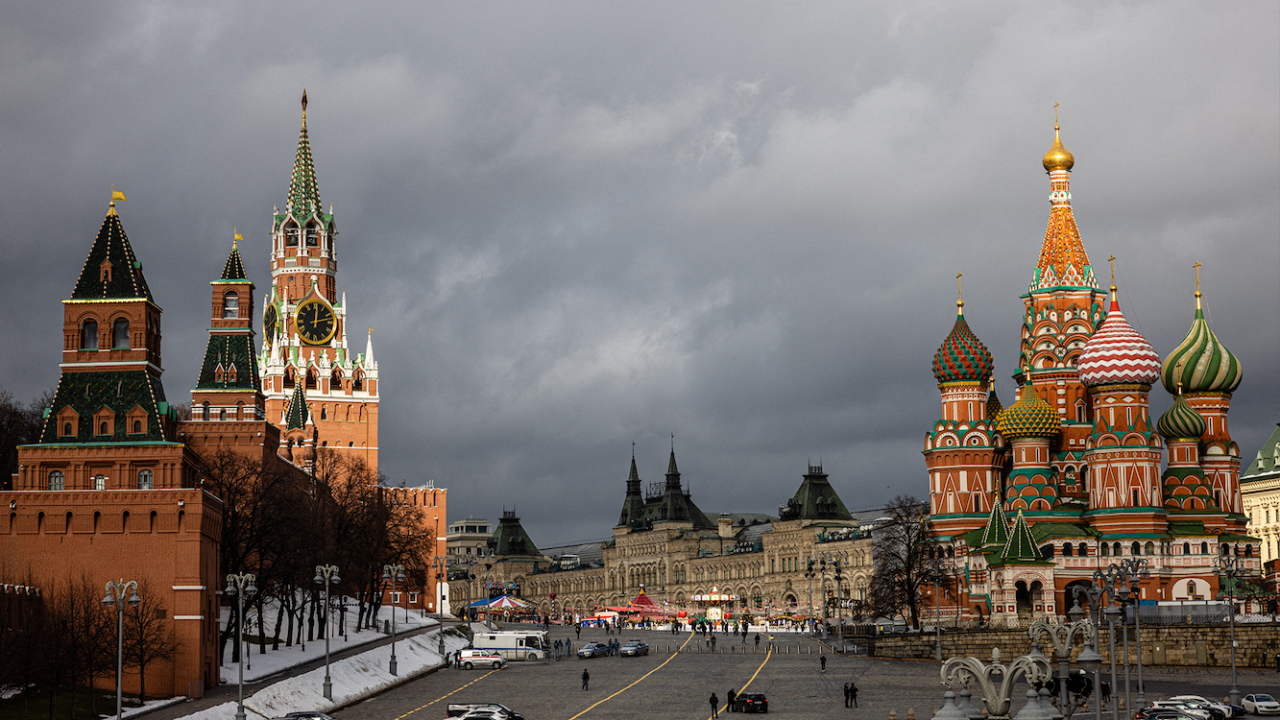
Finland model offers pragmatic way forward for Ukraine and Russia on Nato and EU
- It looks increasingly unlikely that Russia and Ukraine will get everything they want out of negotiations
- Instead of a forced neutrality along the lines of Finlandisation, current-day Finland, which maintains neutrality while being a European Union member, offers an example to follow
Under the leadership of its prime minister Juho Kusti Paasikivi, Finland signed an agreement with the Soviet Union that, among other things, recognised Finnish neutrality in the context of great-power conflict and that Finland could not adopt foreign policies contrary to the interests of the Soviet Union. The reward for these concessions was that Finland could remain politically and economically free.
Finlandisation, as this strategy became known, achieved Paasikivi’s main goal of ensuring Finland remained nominally independent, although not to the same level as, say, Yugoslavia. Despite the shadow of the Soviet Union causing significant self-censorship, Finland flourished both politically and economically.
Even so, the period of Finlandisation is a sensitive topic for the Finns and many in and outside Finland view it as a sad capitulation. Finlandisation is certainly a gamble that gives up agency in return for promised stability, and such stability is still heavily contingent on the greater power being credible in its promises.
However, Russia has made it clear that it views Ukraine as a vital national interest and is willing to incur incredible costs to pursue its interests. One should not underestimate Russia’s capacity to suffer. Consequently, Ukraine and the West will have to accommodate Russia’s perspective in any post-conflict settlement.
Ukraine would nominally exist as an independent country, but it would be forced to reject any sort of integration with the West. It would be left a buffer state, isolated and stuck in the shadow of its adversarial neighbour.
The most appropriate analogue for this kind of settlement is still Finland. Rather than the Finland of the Cold War, though, look at present-day Finland.
Petition for Finland to join Nato marks historic shift after Ukraine invasion
As has become apparent recently, the Kremlin still sees Finland as geopolitically sensitive. Finland’s public statements about considering joining Nato elicited a reply from Russia that joining the transatlantic alliance would be met with “military and political consequences”.
Finland is still likely to remain neutral, but it is in a far more advantageous position than it was in the Cold War. It is now a full member of the European Union and benefits greatly from this economic and political integration. Until the recent verbal skirmishes with the Kremlin, Russia has been a relative non-factor in its day-to-day existence.

Yet, Ukraine’s membership prospects to the EU seemingly changed overnight. The European Commission president, Ursula von der Leyen, said after Russia’s invasion that “Ukraine is one of us and we want them in the EU”.
Getting Russia to accept Ukraine’s membership in the EU in a post-conflict scenario is likely to be a hard sell, especially as the original crisis arose in part because Russia feared Ukraine’s mere association with the EU.
This would be a bitter pill for Ukraine to swallow, but it would make sense if EU membership was the prize for such sacrifices. We have seen in recent weeks that power still dictates international relations, and recognising there is no scenario where Ukraine gets everything it wants is a necessary step to finding a pragmatic solution.
Nicholas Ross Smith is an adjunct fellow at the University of Canterbury, New Zealand




